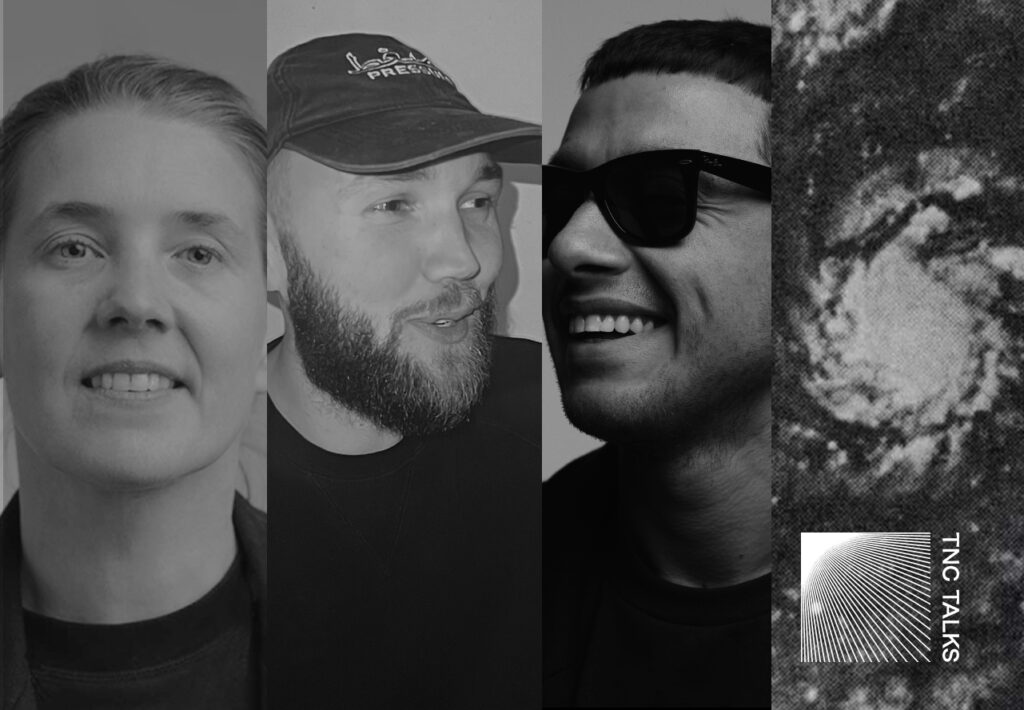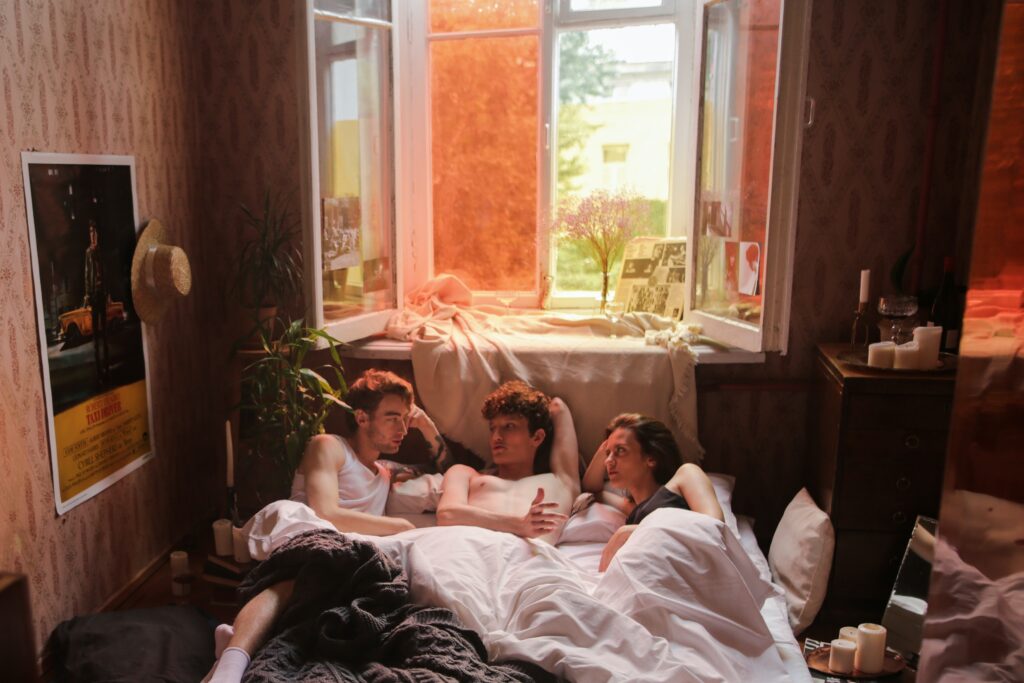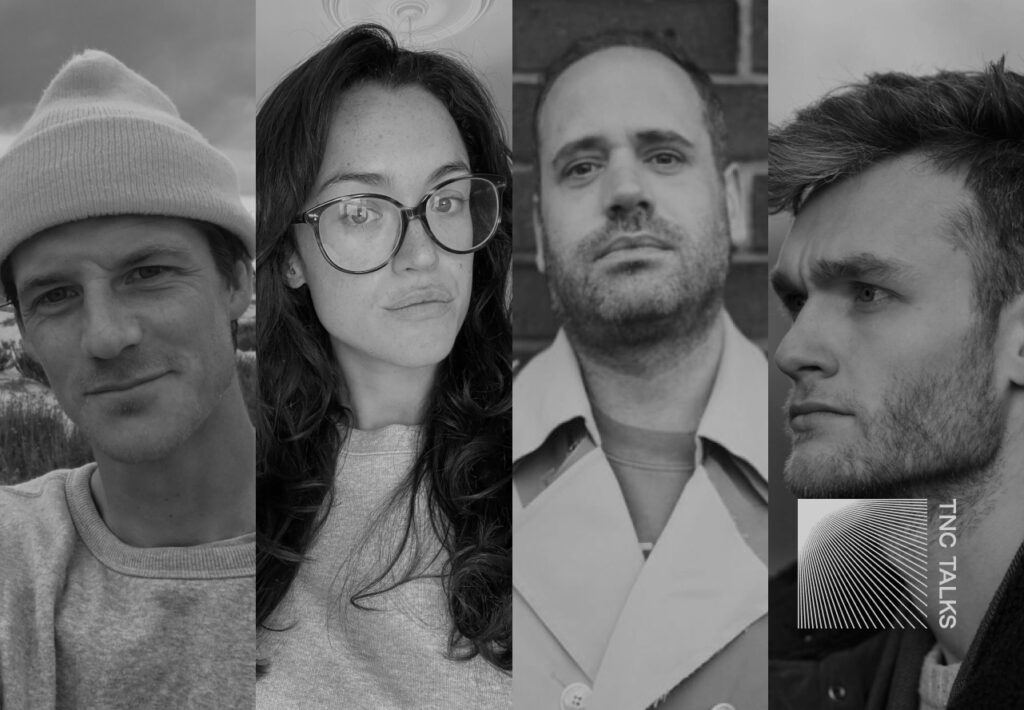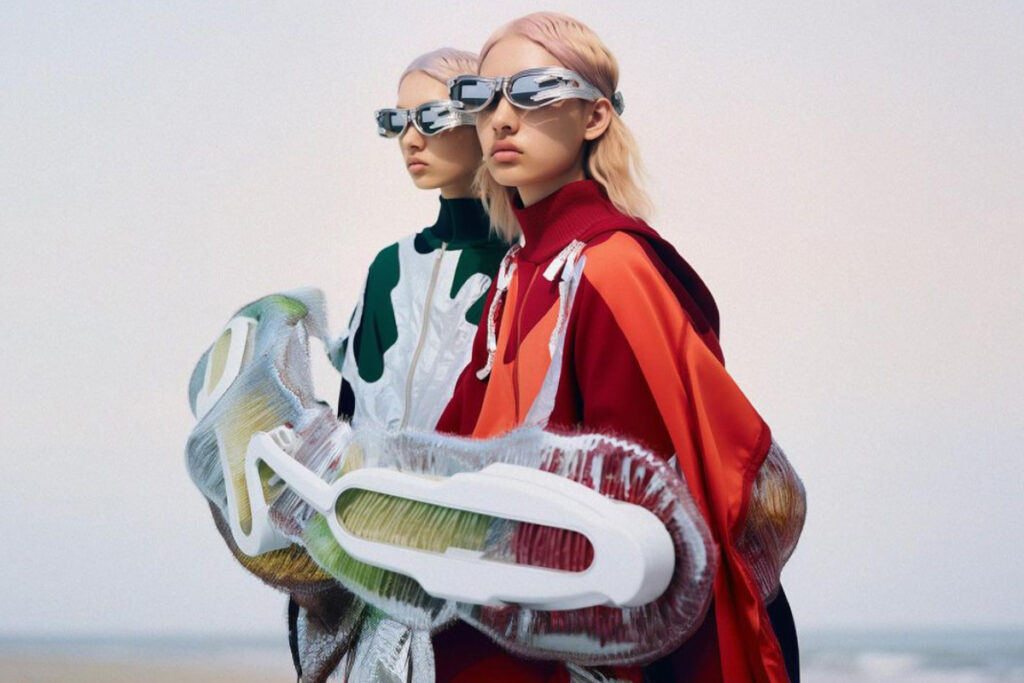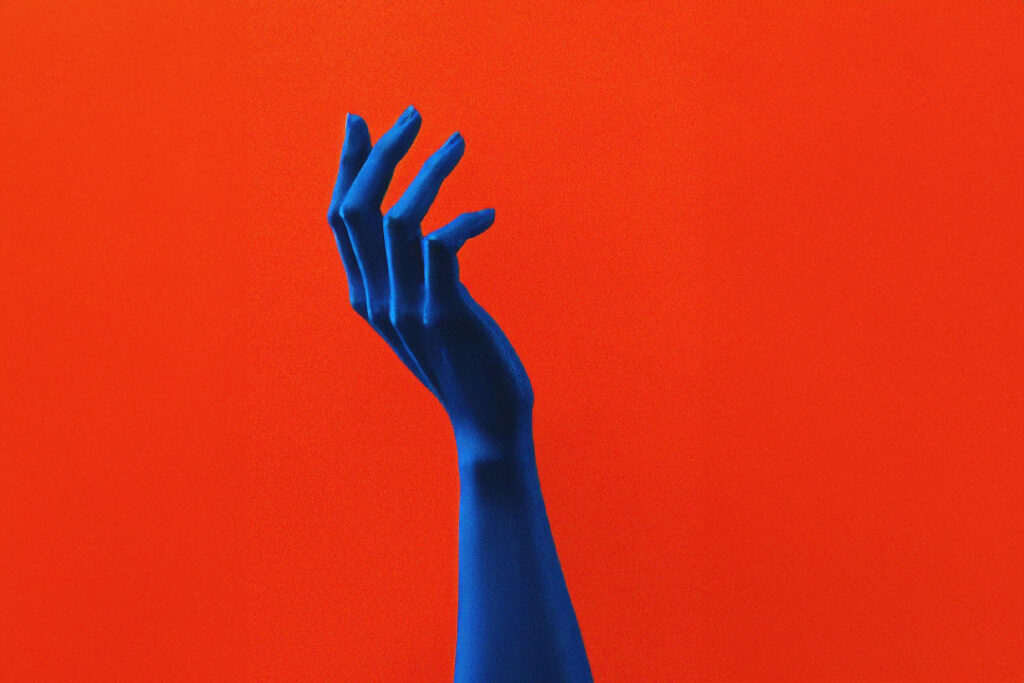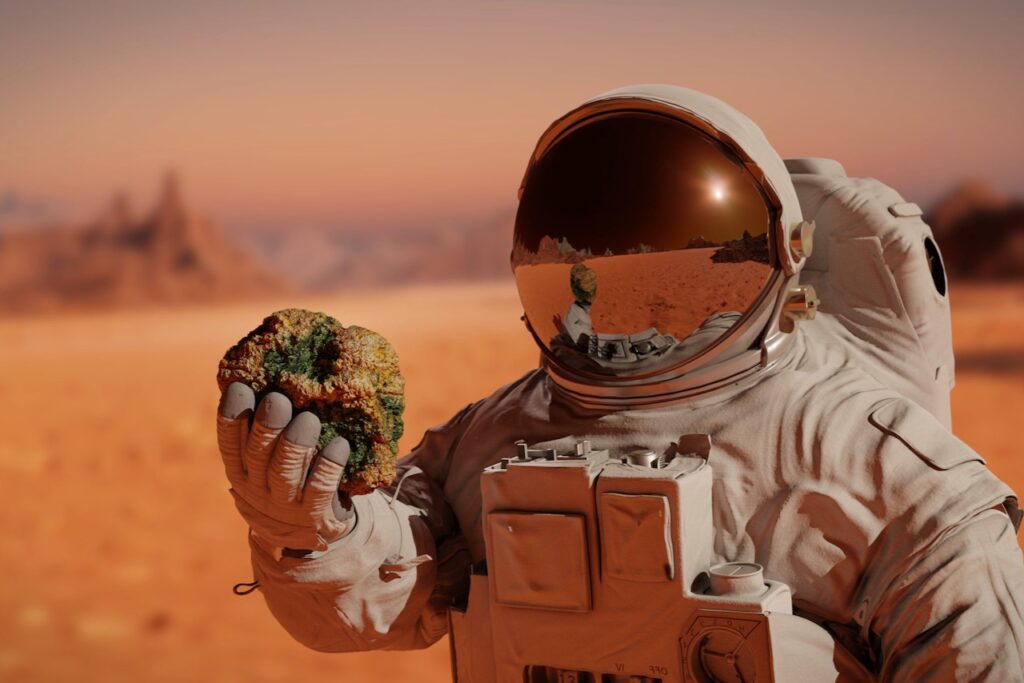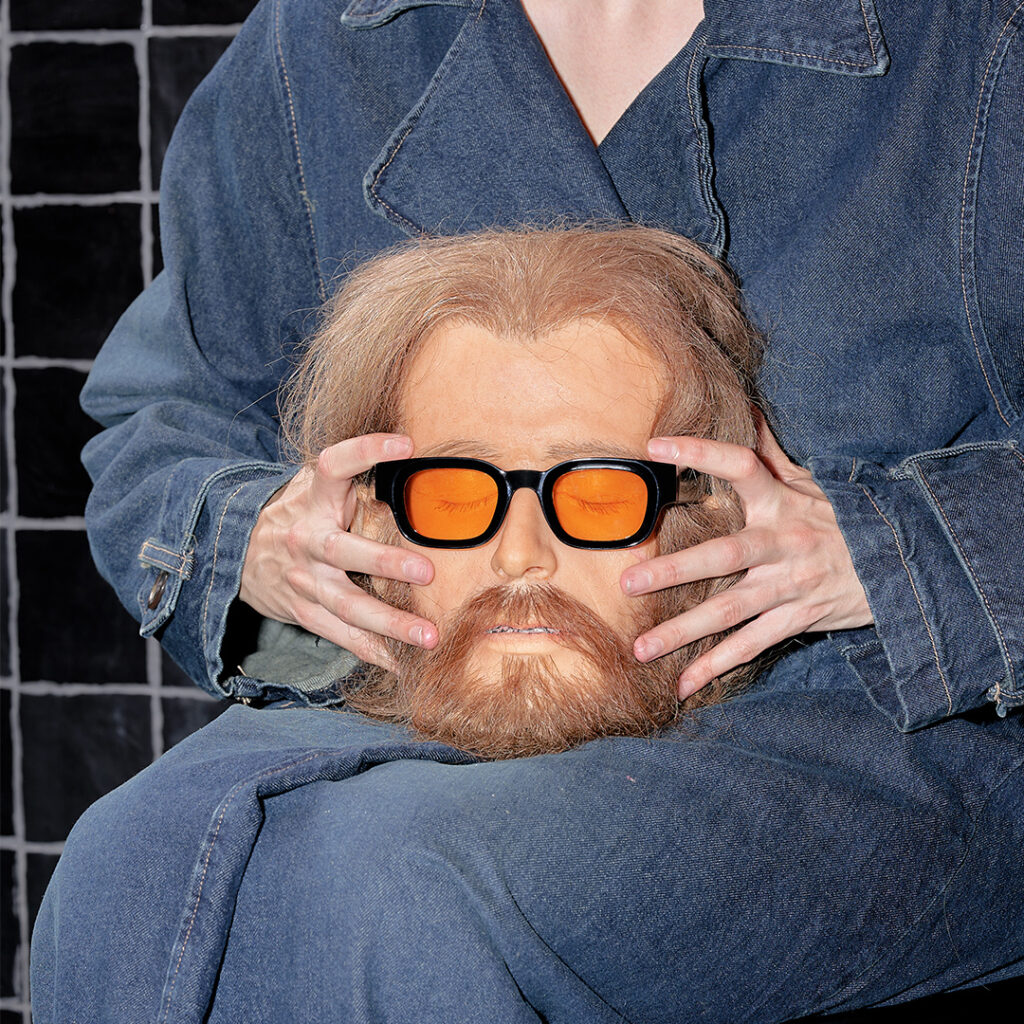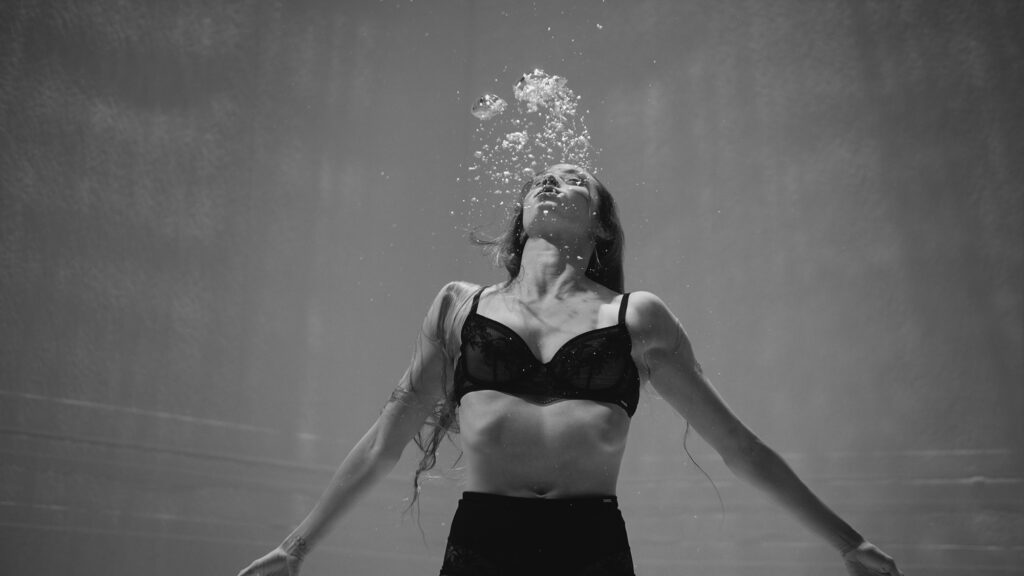Artists such as Banksy, Daft Punk, Deadmau5 or Who The Fuck Is Henry have kept their identity in art a secret throughout their careers. The reasons vary from creative freedom to separation of personal and professional lives. Much has been said about hidden identity art. For the most part, anonymous art is often hailed as purer. Its intentions meant to serve art itself rather than the artist’s ego, or feed the celebrity machine that society seems to love so much.
Is it true though? Is anonymous art better? Is it true art?
Anonymous art = Freedom of thought?
Art is inevitably linked to the artist that creates it. Critics and consumers alike are constantly on the lookout for the meaning or purpose behind a piece. For the most part, a meaning that tends to be linked to the author itself. What does the piece signify to the artist? Is it a representation of their childhood? Of their current relationship? Of their political ideology, worries, or strife? Yet when the artist remains anonymous, the perspective of the audience isn’t swayed by the personal circumstances surrounding the creator.
Consequently, whichever personal reaction a viewer might have to a piece, whichever train of thought sets off from experiencing a piece of art, will be a genuine interaction between the piece and the viewer. There will be no interference of preconceived ideas of what one should feel. Thus one might even go as far as to state that by remaining anonymous, the artist is allowing their audience to think freely to the best of their abilities.
Art Vs Artist
This ties into the age-old debate of confusing the artwork for the author. Being revered for one’s work can be dangerous, particularly when it comes to creative work. The ego might expand to unmanageable dimensions, demanding to be fed more and more, thus corroding the purity of the art. Does identity in art play such a role then? Is anonymous art the best, if not the only, way in which we can ensure we’re standing in front of a pure artist? Is this how we solve the Art VS Artist debate?
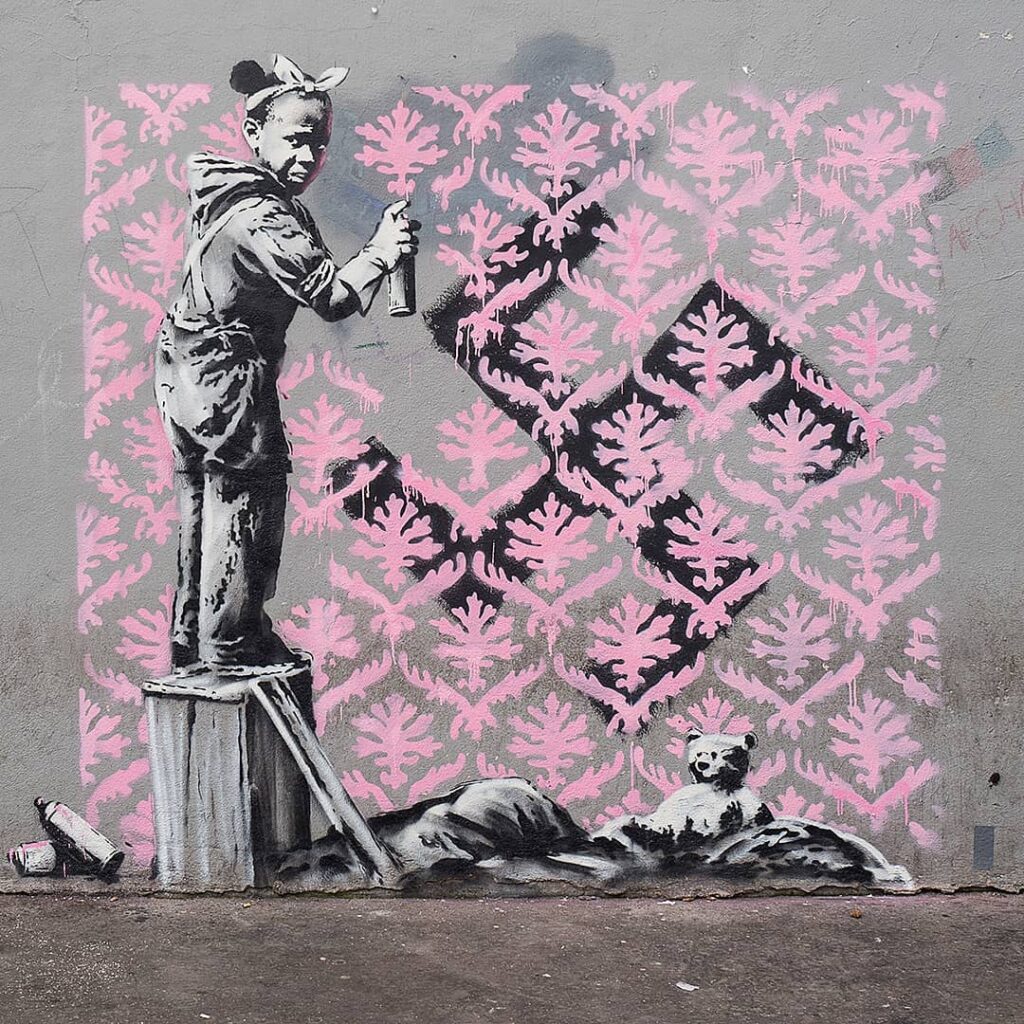
Inevitably though, once an author becomes big enough, despite their real identity not being revealed, audiences may nevertheless conjure up a persona. Hidden identity art can also be sensationalized, with the anonymous artist running the risk of being turned into some sort of urban legend. However, many might say that although this may be the case for many anonymous artists, it’s still better than the artist’s identity being revealed since a pure artist will create for the sake of art and not for the sake of their own ego.
Whether this statement is true or not, there definitely seems to be a sort of public agreement in this regard. Despite society being precisely the one that builds artists up and upholds them as public, influential, figures, it’s that very society that then questions an artist’s intentions and berates their work if it changes, evolves, or isn’t what they expect. How many times have you seen an artist reinvent themselves either because they wanted to, or in an attempt to remain relevant in the ever-changing creative landscape only to be labelled a sell-out or no longer true to themselves?
Anonymity can help circumvent these issues. It can help audiences believe the artist’s intentions and not question their motifs since they aren’t technically getting public recognition (their art is, but not themselves as individuals). Similarly, it allows the artist to create outside of the limitations placed on them by their individual lives, and egos.

Hidden identity art is also a matter of protection from the law
Anonymity for some artists is a matter of practicality and legality. Particularly street artists. Sure, once they make it big their art is worth quite the pretty penny and the authorities go as far as protecting it. But let’s not forget that street art for many is equivalent to defacing public property, and therefore illegal. While someone of the calibre of Banksy is revered, an average Mr Nobody who’s only starting or whose name isn’t synonymous with common known talent and value, will not get the same treatment.
Not to mention the fact that anonymous art is a known tool for social and political protest, displaying revolutionary thoughts for the public to see. Consequently, hidden identity art also may be a matter of safety.
The creative collective Who The Fuck Is Henry knows this well, taking measures to keep many of the activities secrets or reduced to a privileged few in order to continue to be able to do what they are doing. Dancing on the limits of legality as art often does. Subvert the norm right?
Does an anonymous identity in art separate art from entertainment?
Is anonymity the only way to separate art from entertainment? Because that is one of the biggest issues isn’t it? That we don’t focus on the art itself anymore, but rather with be entertained by the artist’s life while we consume the product of their labour.
It’s definitely the reason why some bands, such as Daft Punk, have remained anonymous from the beginning. Being an anonymous artist has allowed people to focus solely on their music, not their personal lives. And the electronic duo have gotten quite a fruitful 28-year-old career out of it. They may be hanging their helmets now and parting ways, but no one can deny that Daft Punk has been one of the most successful mainstream anonymous artists of our time whose intentions, purpose, or music was rarely questioned. They really were in it for the music.
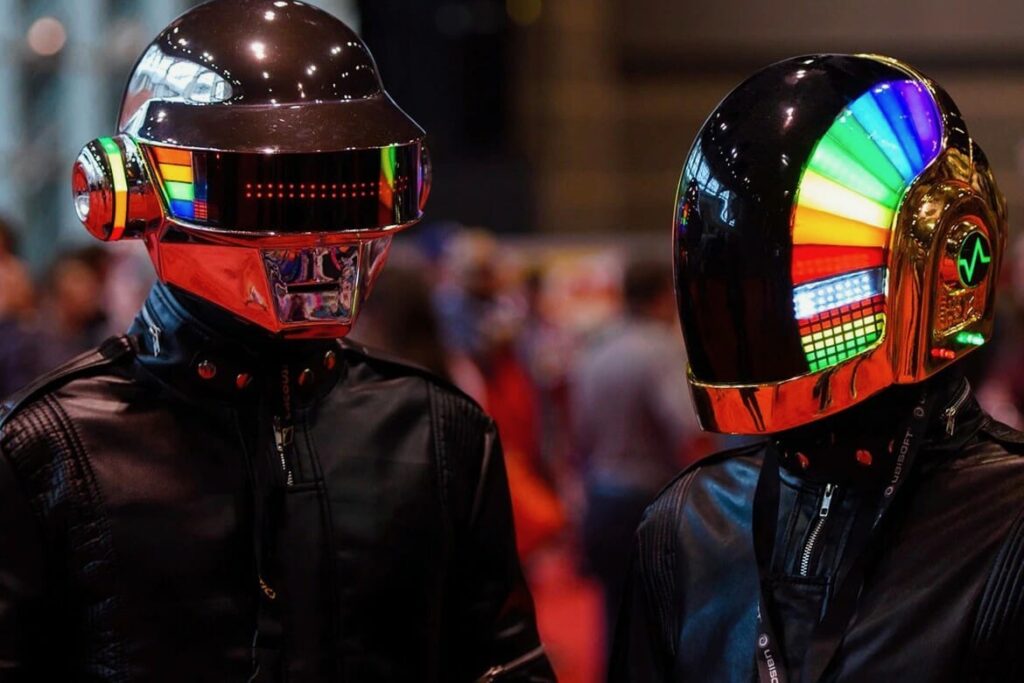
Hidden identity art thus becomes a guarantee that the focus will remain on the art, rather than on anything the artist touches since it then becomes a brand. A sort of anti-Midas policy if you will… Or is it?
After all, one of the most iconic pop culture references as far as anonymous artists go, Gorillaz, seems to have become a brand despite its anti-celebrity stance upon inception. What began as a critique of the notion of musicians being brands, and an attempt (and great success if we may add) in having their music taken at face value has now turned into social media personas, marketing strategies, and a hot-sauce line. Can they still be considered as making pure art with pure intentions?
So… Is anonymous art purer art?
Perhaps it all boils down to that notion society seems to have of a romanticized penniless, unknown artist. Whenever an artist tastes success we seem to question our trust in their motifs. Celebrity culture has made us feed a machine that we then claim to despise. Is anonymous art better? Is it purer and closer to what art is? Does this mean that art’s value is taken from the intentions with which it was created and its process? Isn’t art supposed to be about what it evokes in an audience regardless of what the artist was trying to express? Does this mean that this whole debate we’re having is completely and utterly pointless? Maybe.
Perhaps art is simply art and placing importance on whether it’s anonymous or not has nothing to do with the art in itself. Rather it has to do with our obsession with trying to put a price on everything. We sure love doing that, don’t we?
[ays_poll id=”13″]